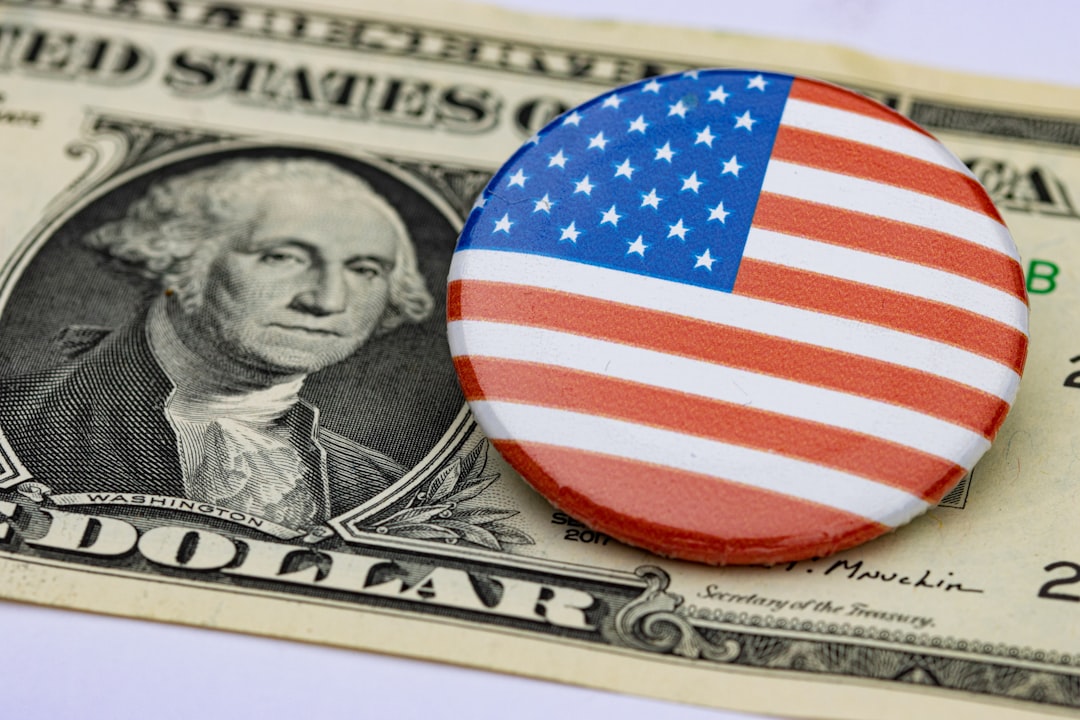What is it about?
Cuba sought economic independence from the US and its reliance on sugar exports after its 1959 revolution, but it soon developed a new dependency relations on the Soviet Union. At the same time, Cuba remained, improbably, inside the General Agreement on Tariffs and Trade (GATT), despite conducting most of its trade outside GATT rules. This paper explores the political economy of Cuba's participation in the GATT and later World Trade Organization.
Featured Image

Photo by Ernesto Carrazana on Unsplash
Why is it important?
Post-revolutionary Cuba routinely ridiculed the capitalist world economy, while curiously remaining inside that economy's main trade institutions. This strategy shows that Cuba felt that participation in the GATT and WTO would afford access to trade markets needed to generate foreign exchange, and furthermore would provide Cuba with a platform to increase its influence among developing countries. Meanwhile, its weak export market reflects both its vulnerability as a small island economy and the inefficiencies of its planned economy.
Perspectives
Cuba traded its pre-revolutionary dependency on the United States for new dependency on the Soviet Union, and later Venezuela, both of which provided large subsidies to Cuba in exchange for political support and military collaboration. Now that it now longer has a patron that can subsidize its weak external economy, Cuba is left to develop its trade opportunities on its own, and may yet benefit economically from GATT/WTO membership--if it introduces market reforms.
Professor Kent A Jones
Babson College
Read the Original
This page is a summary of: Cuba, Trade Dependency and the GATT/WTO System, International Advances in Economic Research, August 2018, Springer Science + Business Media,
DOI: 10.1007/s11294-018-9706-8.
You can read the full text:
Contributors
The following have contributed to this page










